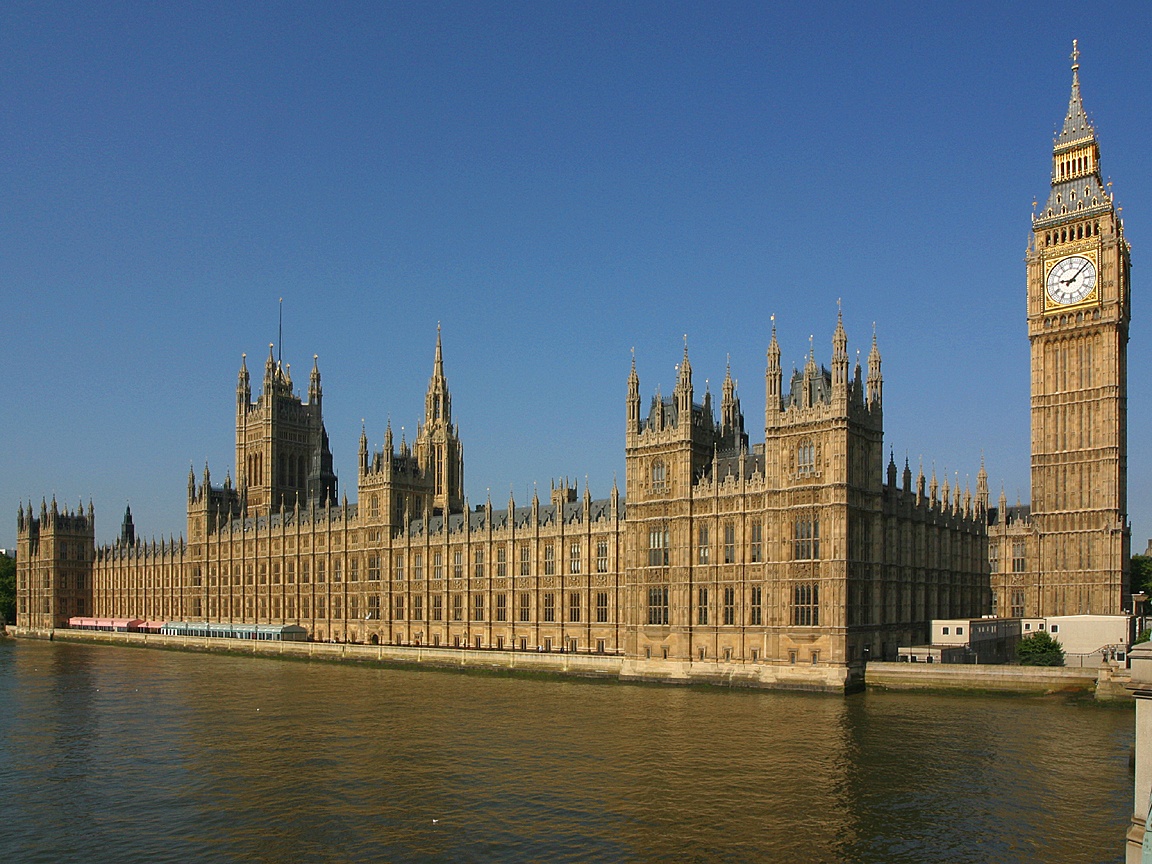Work has begun on one of the charity sector’s most ambitious digitisation projects, involving records dating back to the 18th century.
The UK’s oldest children’s charity Coram received National Lottery funding two years ago to create an online archive of its records, including when it launched as a children’s hospital, called the Foundling Hospital, in 1739.
The project called Voice through Time: The story of Care involves staff and volunteers at the charity and will see a quarter of its archive made available online. This is set to involve more than 100,000 pages of fragile record as the first phase in the project gets underway today (2 February).
It will be made available to the public and involve an interactive Timeline of Care on the charity’s history caring for children. This includes letters from mothers appealing for their children to live in the hospital and the ‘fabric tokens’ they left in books for them once taken in.
The project is one of the most ambitious involving data undertaken by a charity, as the children’s organisation looks to give the public access to its archive, which is the equivalent of 245 metres long.
Today we’re excited to reveal our new website for our #VoicesThroughTime programme funded by @HeritageFundL_S
— Coram (@Coram) February 2, 2021
It features a timeline of care, stories from the Foundling Hospital and will be home to our digital archive when transcription is complete: https://t.co/d3jFSmnK63
1/2 pic.twitter.com/3ul0TI8iIT
The charity hopes that the online archive will also help its lobbying efforts around children’s social care policy.
“As the government embarks on an independent review of children’s social care, it is more important than ever to examine and learn from the narrative of our collective history, charting the key moments in the evolution of children’s rights, policy and practice and to hear directly from children and young people today about their views and aspirations for the future of care,” said the charity.
Coram chief executive Dr Carol Homden added: “It is our duty to ensure its long-term preservation of this precious archive for future generations and to work with young people in care today to explore their heritage and stories and tackle the issues they continue to face, feeling overlooked and misunderstood by the wider public.
“This is why the young people’s voice is at the heart of this work, enabling them to engage with the past, explore the present and influence the future of care.”












Recent Stories